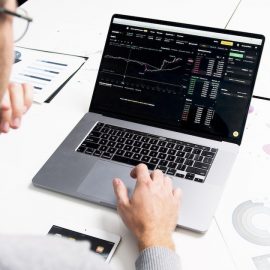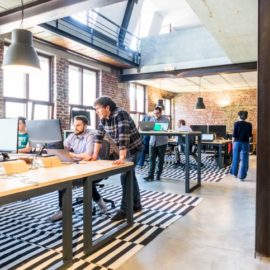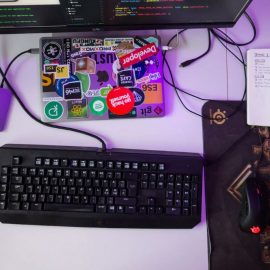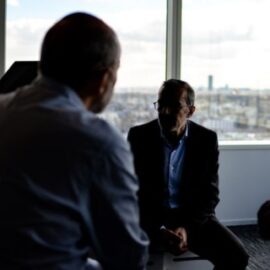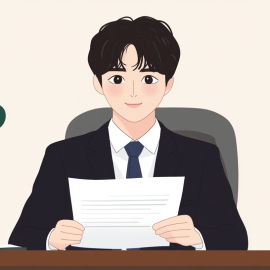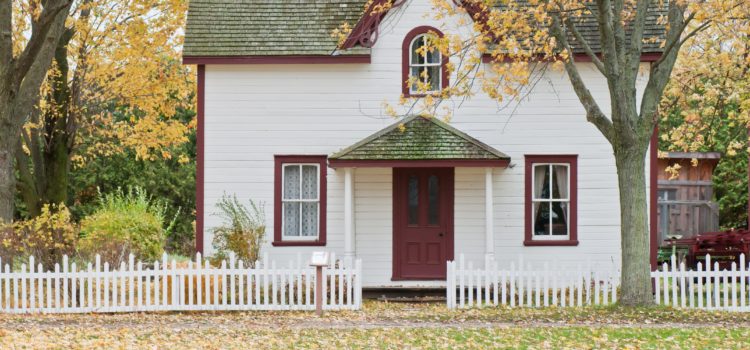
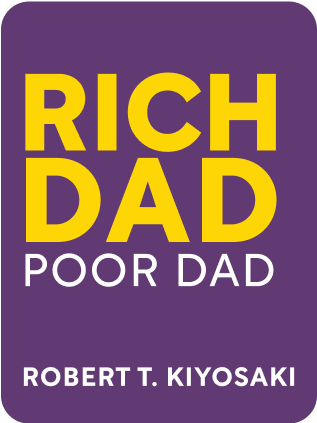
This article is an excerpt from the Shortform summary of "Rich Dad Poor Dad" by Robert T. Kiyosaki. Shortform has the world's best summaries of books you should be reading.
Like this article? Sign up for a free trial here .
Is buying a house a good investment? Why or why not?
Though the traditional answer to the question “is buying a house a good investment” is yes, Robert Kiyosaki argues that it’s not. Not only is buying a house a good investment not the right answer, but a house can also be a liability instead of an asset. Learn more about the question “is buying a house a good investment” and why you should think about other investment opportunities.
Buy Assets, Not Liabilities
So how do you put your money to work for you? The key is to buy things that generate income (assets). You do NOT want to buy things that lose money over time or incur large expenses (liabilities).
This is obvious enough. But the most deceptive investments look like assets, but are actually liabilities. So, is buying a house a good investment? Let’s find out.
Liability: Buying a House as a Primary Residence
In Robert Kiyosaki’s view, the most common mistake is buying a house as a primary residence, and considering it an asset and their primary investment. So why isn’t buying a house a good investment?
His reasoning:
- You don’t get rental income on your house. Meanwhile, you’re paying large expenses – mortgage, property taxes, upkeep. In steady state, this represents monthly negative cashflow that requires income to compensate. (Shortform note: Kiyosaki basically considers things assets only if they generate cash, so in his mind a house is a good investment only if it generates income)
- This is why many are stuck in the rat race – someone buys an expensive house. Now she has high monthly expenses, so she has to keep working to sustain it. Yes, the house may be appreciating, but that doesn’t help her high month to month expenses.
- The money tied up as a down payment, building up home equity, and paying expenses has a large opportunity cost. That money could be better spent on higher returning assets, rather than spending it all and wondering “is a house a good investment?”
- While real estate can appreciate over the long term, there’s no guarantee of this.
- Even if real estate appreciates, you get the gain only on liquidation. (Kiyosaki seems to prefer investments with clearer short-term outcomes.)
- Considering your house as your primary investment causes a few subtle problems:
- People tend to overspend on housing, depleting money that could be spent on other investments.
- Because your cash is spent on the house, you never have enough money to think about what to do with it. This prevents building up the financial education to become a sophisticated investor.
- (Shortform note: also, loading too heavily on your house concentrates risk on your local real estate market. And if you’re subject to groupthink, you’re more likely to think buying a house is a great deal precisely when it’s actually not.)
- Many people buy a new house every number of years, each time incurring a new 30-year loan without really truly owning the house. So not only do you not generate income, you continue to be in debt. This all together makes the question, “is a house a good investment” a no from Kiyosaki.
Shortform Explanation
Kiyosaki doesn’t address that people obviously have to live somewhere, and paying rent would also be an expense. Not everyone who wants to know if buying a home is a good investment is looking to generate income. And, typically, the monthly mortgage payment is lower than the monthly rent of the home, which is where people often get tripped up.
A proper analysis would compare the long-term outcome of these two options when asking “is buying a home a good investment?”
1. the cost of buying a home, including the down payment, annual expenses, and likely appreciation of home value
2. renting an identical property, increases in rental costs in proportion with home value appreciation, and investment returns of the extra cash from not buying a home (e.g. down payment) over time. But Rich Dad, Poor Dad isn’t great about these tactical details – one of its major failings. Going through the exercise, neither option is a clear home run, depending on your assumptions of how the housing market and stock market change.
So to bring it all together, here’s the best advice we imagine Kiyosaki would give if you asked him if buying a home is a good investment:
* As a mindset, don’t consider your home as your natural biggest investment. There are better places to put your money with better returns and more robust diversification.
* Buy only the house that you need.
* Do not overspend under the delusion that it’s going to be a great investment, or your major investment.
* Do not buy to keep up with the Joneses – the money you save can be better employed elsewhere.
* If you get a pay raise, don’t upgrade your house if you don’t need to. This is the cause of the vicious cycle putting you in the rat race.
So, is buying a house a good investment? Kiyosaki says no, unless that house can somehow be used to generate income. While of course people need a place to live, if you’re asking yourself “is buying a house a good investment” strictly for financial purposes, then consider this advice.

———End of Preview———
Like what you just read? Read the rest of the world's best summary of Robert T. Kiyosaki's "Rich Dad Poor Dad" at Shortform .
Here's what you'll find in our full Rich Dad Poor Dad summary :
- The key differences in how rich dad and poor dad approached life
- Why it's a terrible idea to buy an expensive house
- How to overcome your own mental blocks to become wealthy for life

